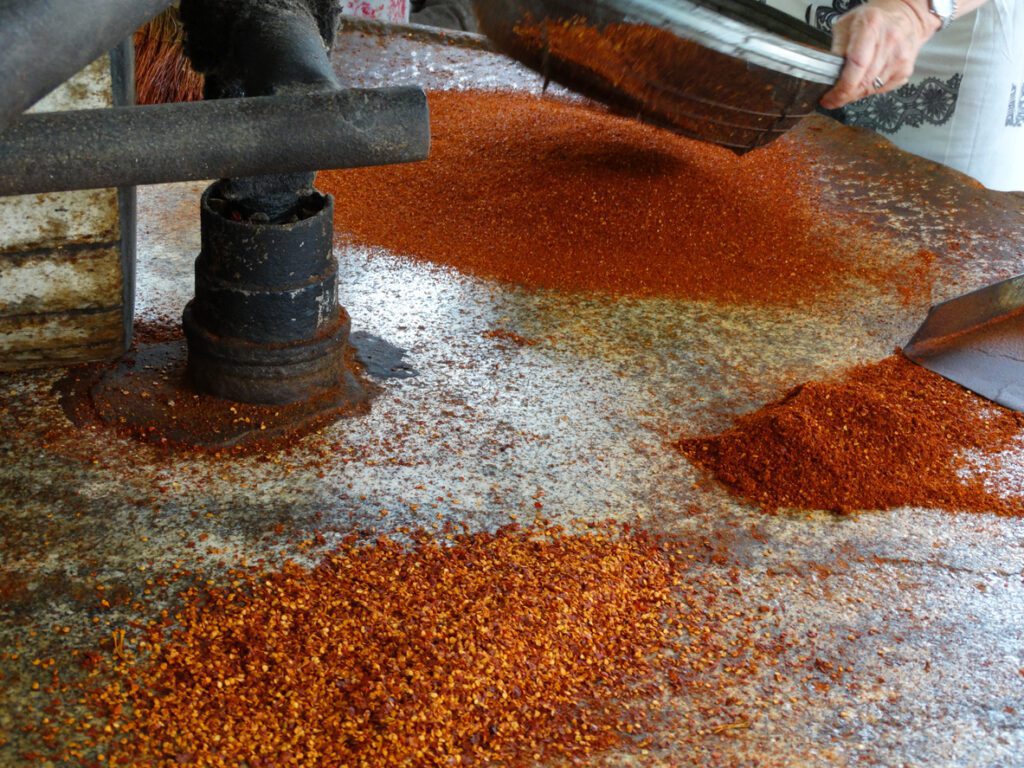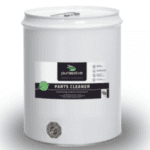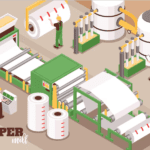The food masala making industry in India is a large and diverse industry that produces a wide range of spice blends and seasonings for use in cooking. The industry is subject to strict food safety regulations to ensure the production of safe and high-quality products. The HACCP (Hazard Analysis and Critical Control Points) program is a widely recognized and accepted food safety management system that is often used by masala making companies to improve the safety and quality of their products. The program helps to identify, evaluate and control hazards that could affect the safety of the final product.
- Ingredients and raw materials: The HACCP program can help to improve the safety and quality of ingredients and raw materials used in the masala making process. The program requires that all ingredients and raw materials are sourced from reputable suppliers and that they meet strict food safety standards. This helps to ensure that the ingredients and raw materials are free from harmful contaminants and that they are safe for use in the masala making process.
- Grinding and blending process: The HACCP program can help to improve the safety and quality of the grinding and blending process. The program requires that all equipment and facilities are maintained in a clean and sanitary condition and that they are regularly inspected and maintained to ensure that they are in good working order. This helps to prevent cross-contamination and the growth of bacteria and other microorganisms that can cause food-borne illness.
- Packaging and labeling: The HACCP program can help to improve the safety and quality of packaging and labeling of masala products. The program requires that all packaging and labeling materials are made of food-grade materials and that they are properly stored and handled to prevent contamination. It also ensures that the packaging and labeling are accurate and meet regulatory requirements.
- Transportation and storage: The HACCP program can help to improve the safety and quality of the transportation and storage of masala products. The program requires that all transportation and storage equipment is maintained in a clean and sanitary condition and that it is regularly inspected and maintained to ensure that it is in good working order. This helps to prevent cross-contamination and the growth of bacteria and other microorganisms that can cause food-borne illness.
- Employee training: The HACCP program requires that all employees are trained in the proper procedures and techniques for maintaining a clean and sanitary environment, handling ingredients and raw materials, operating equipment, and identifying and controlling hazards. This is particularly important in the masala making industry as it requires handling of various types of raw spices and seasonings, which might have different hazards and safety concerns.
- Traceability: The HACCP program requires that all processes and ingredients are tracked and recorded, and in case of any recall or complaints, the company can trace back the problem to its origin and take corrective actions.


Hence, the HACCP program is an effective tool that can help masala making companies in India to improve the safety and quality of their products by identifying, evaluating and controlling hazards that could affect the safety of the final product. It helps the companies to ensure that all ingredients and raw materials are sourced from reputable suppliers, all equipment and facilities
How the HACCP program enables export opportunities for masala businesses
- The masala making industry in India plays a significant role in the export of food ingredients to various countries around the world. However, the industry is subject to strict international laws and regulations that govern the export of food ingredients to ensure the safety and quality of the products. Food grade certifications, such as the HACCP (Hazard Analysis and Critical Control Points) program, can help masala making companies in India to meet these regulations and gain customer confidence in their products.
- One of the key international laws that govern the export of food ingredients is the Codex Alimentarius, which is a set of food safety standards developed by the Food and Agriculture Organization (FAO) and the World Health Organization (WHO). The Codex Alimentarius includes guidelines for food hygiene, food labeling, and food additives, among other things. By obtaining food grade certifications, such as HACCP, masala making companies in India can demonstrate that their products meet these guidelines and are safe for consumption.
- Another important international law that governs the export of food ingredients is the Global Food Safety Initiative (GFSI). This initiative aims to improve food safety standards worldwide by recognizing food safety certification programs that meet a set of benchmarking requirements. By obtaining food grade certifications, such as HACCP, masala making companies in India can demonstrate that their products meet these benchmarking requirements and are safe for consumption.
- Additionally, food grade certifications can also help masala making companies in India to gain customer confidence in their products by demonstrating that they have implemented strict food safety management systems. Customers can be reassured that the products they are purchasing have been produced under strict guidelines and are safe for consumption. This can help to improve the export business of masala making companies in India as customers are more likely to purchase products that have been certified as safe and of high quality.
- Furthermore, HACCP food grade certifications also aid in building trust and long-term relationships with buyers as they provide a guarantee of quality and safety, which is important for exports. The certifications demonstrate the company’s commitment to safety and quality, making it a more attractive partner for export business.
In conclusion, the masala making industry in India is subject to strict international laws and regulations that govern the export of food ingredients to ensure the safety and quality of the products. Food grade certifications, such as the HACCP program, can help masala making companies in India to meet these regulations and gain customer confidence in their products. It improves export business by building trust, long-term relationships and providing a guarantee of quality and safety to buyers. Obtaining food grade certifications can help masala making companies in India to demonstrate that their products are safe for consumption and of high quality, making them more attractive to customers and increasing the chances of success in the export market.
























